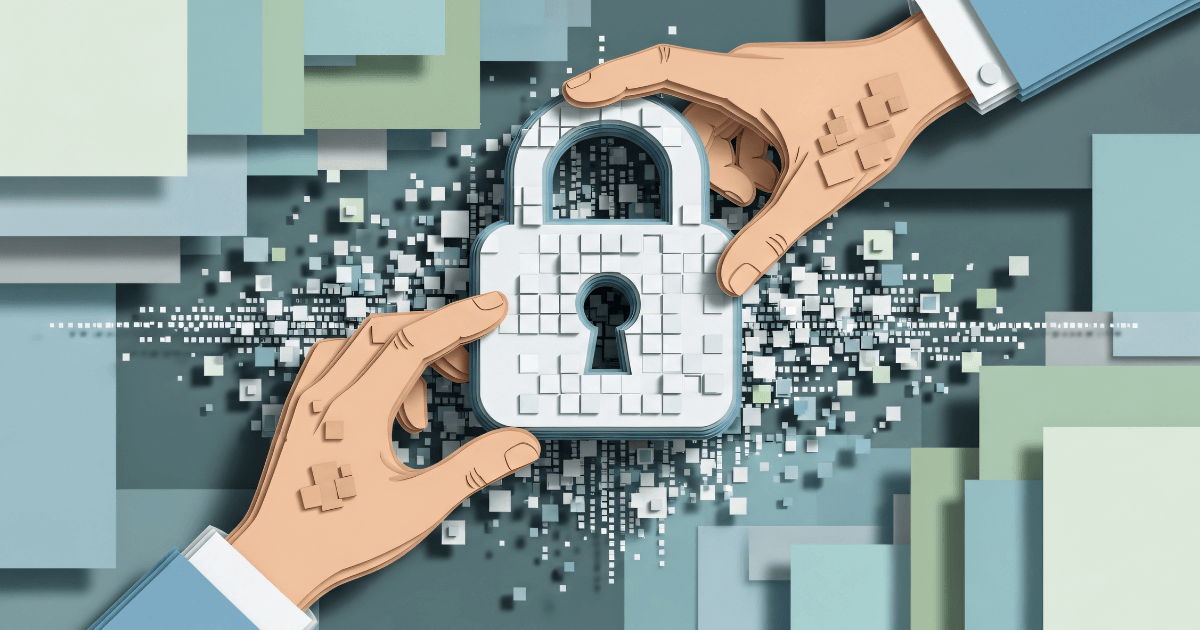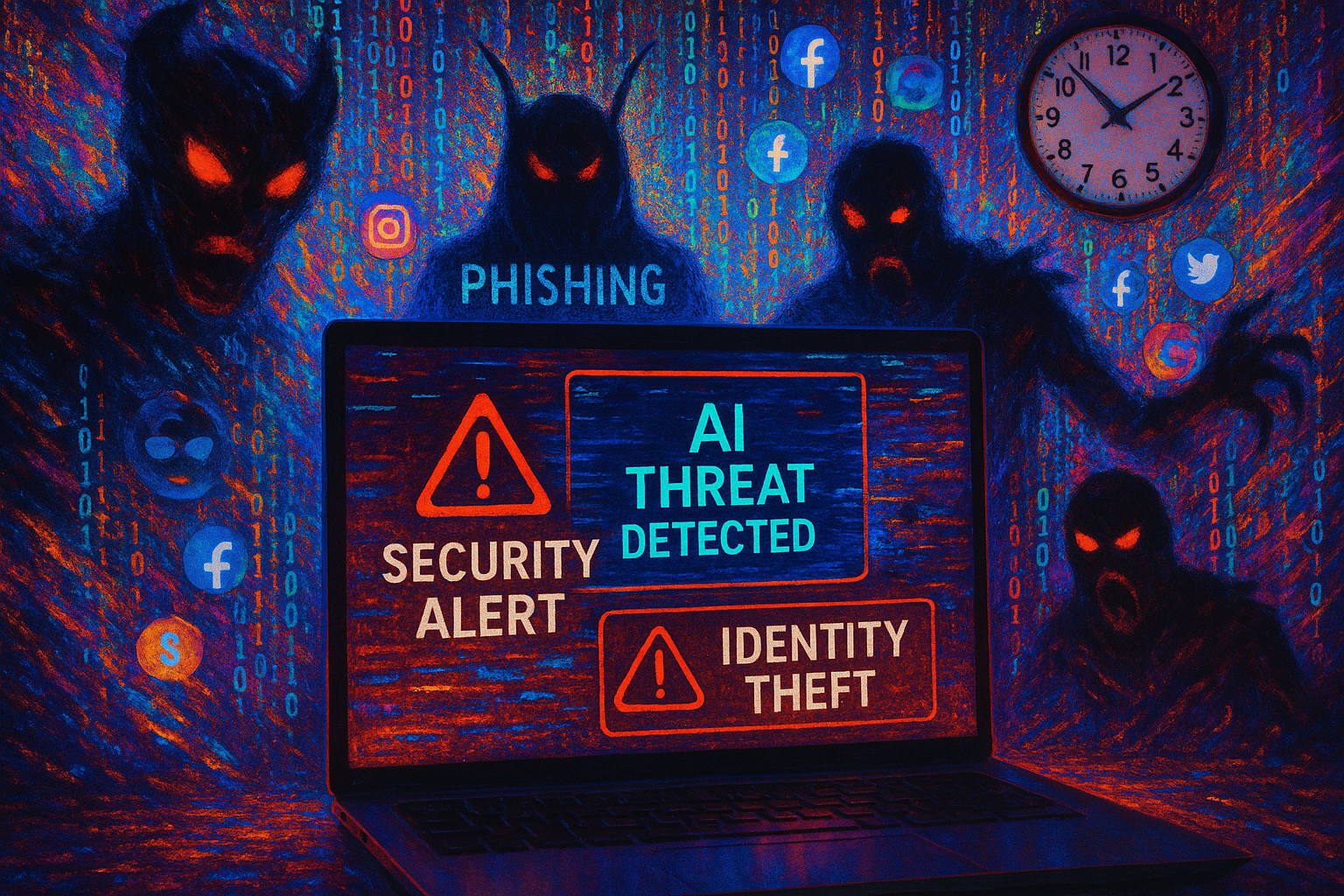5 min read
Meeting the New, AI-Enabled Face of Risk
When we introduced our OmniNet Bridge solution in 2014—known to many of you as My Digital Shield—it represented the next generation of network...
3 min read
 Brad Deflin
:
August 21, 2024
Brad Deflin
:
August 21, 2024

In a significant cybersecurity breach, the National Public Data company — a firm aggregating and storing vast amounts of personal information — was hacked.
✓ Such breaches are not just about data; they directly impact the lives of those affected. In today's age, it's crucial to understand the potential consequences and the steps you can take to protect yourself.
This breach was massive and exposed millions (estimated to be 134 million) of consumer records, including individuals' Social Security numbers, addresses, and other sensitive personal information.
✓ This post is about what happened and why it invariably will impact you and your personal life.
For more introspect to the enormity of the breach, see our cyber-guru Krebs' blog here:
https://krebsonsecurity.com/2024/08/nationalpublicdata-com-hack-exposes-a-nations-data/
The exposure of your Social Security number and personal information can have serious repercussions, including:
To determine if your information was compromised:
✓ ✓ Frankly, the point of this post is that it doesn't matter whether your information was stolen in this particular breach. You should assume your personal information has been stolen, including your Social Security number. It's a safe bet this is true for you. This data is and will be used to expose new and confounding risks that will be hyper-exacerbated with AI.
If your information was stolen, you could face:
✓ Empower yourself and your family with some basic skills and better perspective for enhancing critical thinking skills, and thrive in a safe and secure existence in their daily lives.
✓ Best-practices Take these actions listed below even if you are not aware of a breach with your personal information:
✓ Total Digital Security works with a handful of strategic partners specializing in services that protect and recover your ID quickly and with minimal inconvenience. Contact us here for more information and to learn how to protect yourself.
Finally, we have a case study from a new client we met in July that sadly exemplifies the potential risk due to the loss of just a few nuggets of personal information. We will anonymize the case and share what we witnessed and learned in our next post.
Please subscribe here.
Thanks for reading,
Brad Deflin

5 min read
When we introduced our OmniNet Bridge solution in 2014—known to many of you as My Digital Shield—it represented the next generation of network...

9 min read
Over the past decade writing these letters, I’ve made it my mission to help you navigate the digital age with confidence and resilience. If I have...

4 min read
For generations, family offices and ultra-high net worth families have mastered the art of estate planning — preserving wealth, ensuring succession,...